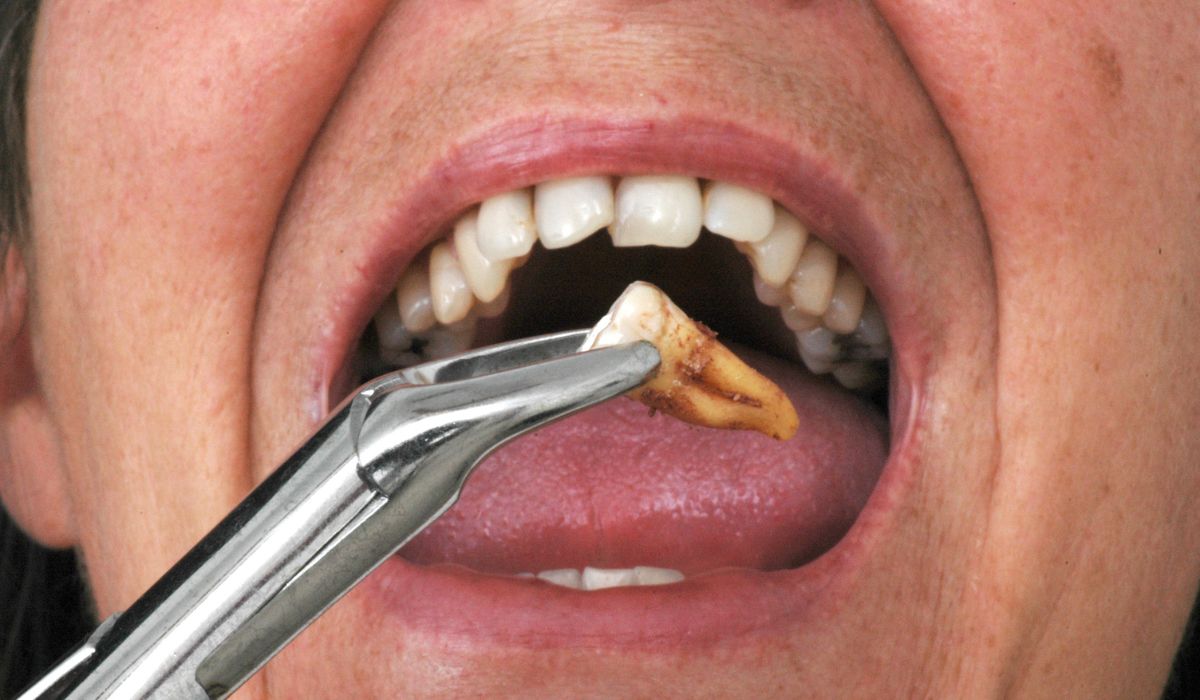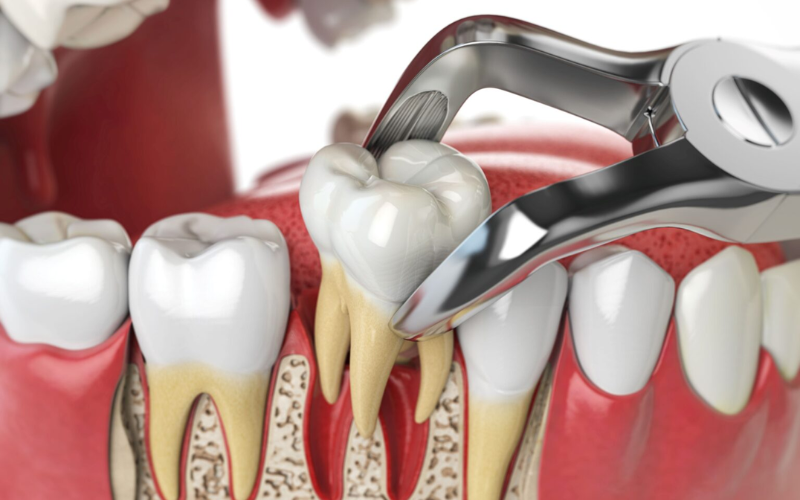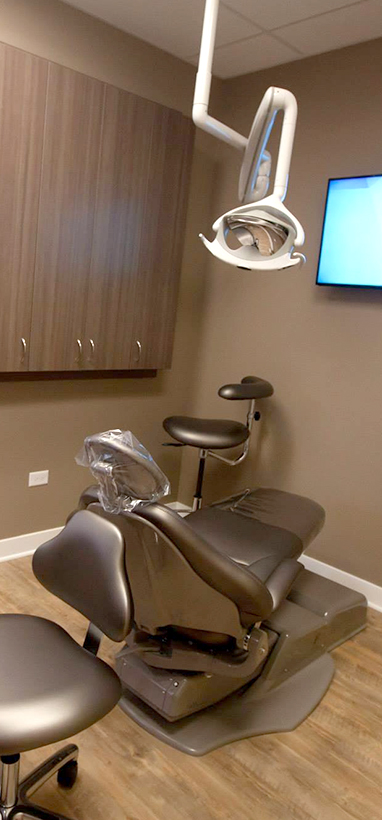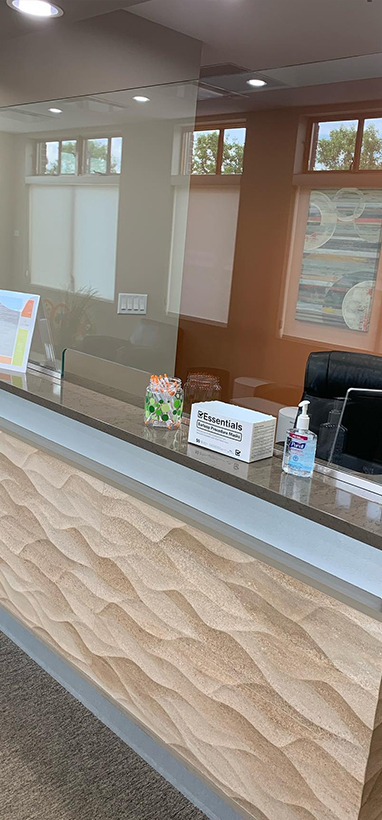1516 Legacy Cir, Naperville, IL 60563
What Happens If You Don’t Extract A Damaged Tooth?
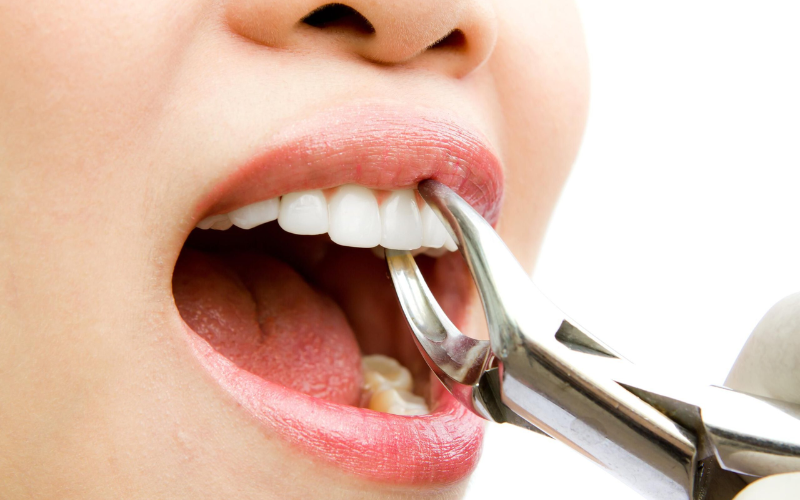
You’re getting up to a dull toothache that you dismiss as unimportant. Weeks pass, and that slight discomfort becomes a searing, unrelenting ache. But what if you’re not aware of the full extent of the damage caused by that broken tooth?
Ignoring a tooth that needs to be extracted can have serious consequences for your health, including serious infections, damage to your jawbone, and even discomfort. Let’s read about the true consequences of neglecting to treat a bad tooth before you choose to ‘wait and see’.
Why Is Tooth Extraction Necessary?
Not every tooth that is damaged needs to be extracted. Crowns, root canals, or fillings may be able to save the tooth in certain situations. However, when the tooth is extremely decaying and cannot be repaired, extraction is required.
- There is a widespread infection that extends to the jaw or gums.
- The tooth is irreparably fractured.
- For orthodontic therapy, a tooth must be extracted due to crowding.
Neglecting a broken tooth might have detrimental effects. These are the results of postponing tooth extraction in Naperville.
Risks of Ignoring The Extraction Of a Damaged Tooth
Excruciating Pain and Sensitivity
Pain is frequently experienced by a damaged tooth, particularly when decay spreads to the inner pulp. Eating, drinking, and even sleeping can get difficult as a result of this excruciating discomfort over time.
Contagious Infection
An abscess is a painful, pus-filled infection that can result from bacteria entering the pulp of a broken tooth if treatment is not received. Without a treatment, oral infections have the potential to spread to the bloodstream and cause life-threatening problems, according to the CDC.
Bone Loss and Gum Disease
Periodontal disease, which damages the gums and surrounding tissues, comes from an untreated tooth. It eventually causes the jawbone to deteriorate, which would damage the base of your other teeth.
Injury to Adjacent Teeth
When a tooth decays or gets infected, it can impact the closeby teeth.
- Raise the risk of cavities.
- Shift teeth causing misalignment.
- Make enamel weak from exposure to bacteria.
Bad Taste & Bad Breath
Smelly breath and a lingering unpleasant taste in the mouth are caused by the release of foul-smelling germs from a rotting tooth. It cannot be completely removed by mouthwash or brushing.
Systemic Health Concerns
There is a direct correlation between oral health and general wellness. Diabetes, lung infections, and heart disease have all been connected to untreated tooth infections. Your entire body may be at risk if you ignore a damaged tooth, not just your mouth.
When Is the Right Time to Visit a Dentist For This?
Avoid waiting until the suffering becomes intolerable! See a dentist if you have constant tooth pain or sensitivity, bleeding or swollen gums, a bad taste or pus surrounding the tooth, and facial swelling close to the affected area.
If Extraction Is Necessary, Don’t Put It Off.
A broken tooth poses a major health danger in addition to being a cosmetic one. Dentists can recommend extraction if they think that leaving the tooth in place could be more detrimental than beneficial. Pain, infection, and long-term dental issues can be avoided by taking early action. Don’t disregard the warning signs as your smile deserves the utmost care. Reach out to our dentist for a treatment now!



